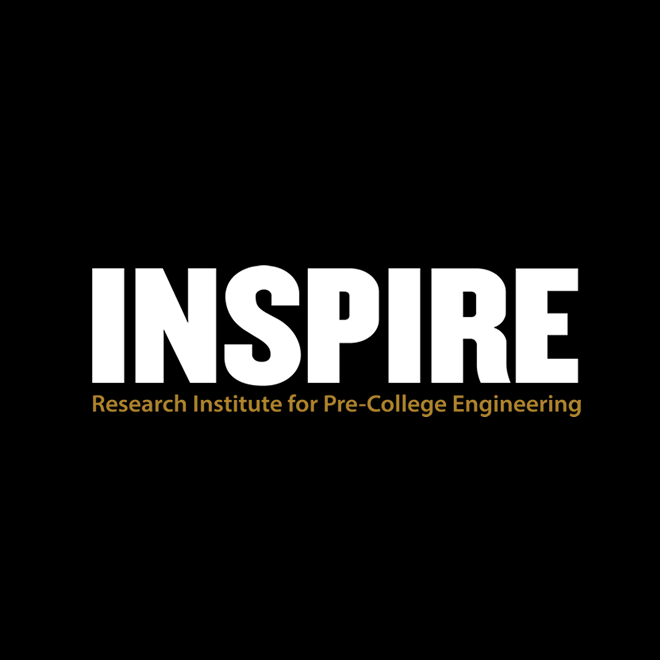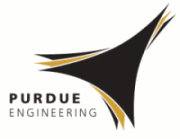Abstract
A central challenge in engineering education is providing experiences that are appropriate for and accessible to underserved communities. However, to provide such experiences, we must better understand the process of offering a geographically distributed asset-based out-of-school program. This paper focuses on a collaborative research project that examined the broad implementation of the Summer Engineering Experiences for Kids (SEEK) program organized by the National Society of Black Engineers (NSBE). SEEK is a three-week summer program that engages participants in hands-on, team-based engineering design projects. NSBE’s goal is to make SEEK culturally sustaining, community-connected, and scalable. The purpose of this paper is to provide a retrospective reflection on various aspects of our collaborative project and highlight a series of tradeoffs that must be carefully considered to offer and examine the effectiveness of an intervention designed both to affirm cultural background as well as to broaden access. Guided by Yosso’s community cultural wealth (CCW) framework, we engaged in individual reflection and group discussions about the evolution of our three-year project. We considered the six types of capital outlined in CCW to examine various program design elements and tradeoffs. By illuminating the tradeoffs that are required, we hope this paper can help other program designers and researchers to intentionally, preemptively, and proactively consider such tradeoffs.
Recommended Citation
Lee, W. C.,
Knight, D. B.,
&
Cardella, M. E.
(2021).
Promoting Equity by Scaling Up Summer Engineering Experiences: A Retrospective Reflection on Tensions and Tradeoffs.
Journal of Pre-College Engineering Education Research (J-PEER), 11(1), Article 8.
https://doi.org/10.7771/2157-9288.1288


